From equality to global poverty: how Covid-19 is affecting societies and economies
The Covid-19 pandemic is a social and an economic crisis just as much as it is a health crisis – its repercussions, severe and far-reaching, are being felt across the world.

One year into the pandemic, almost half of the world’s students were affected by school closures. Millions of girls might not be going back at all.
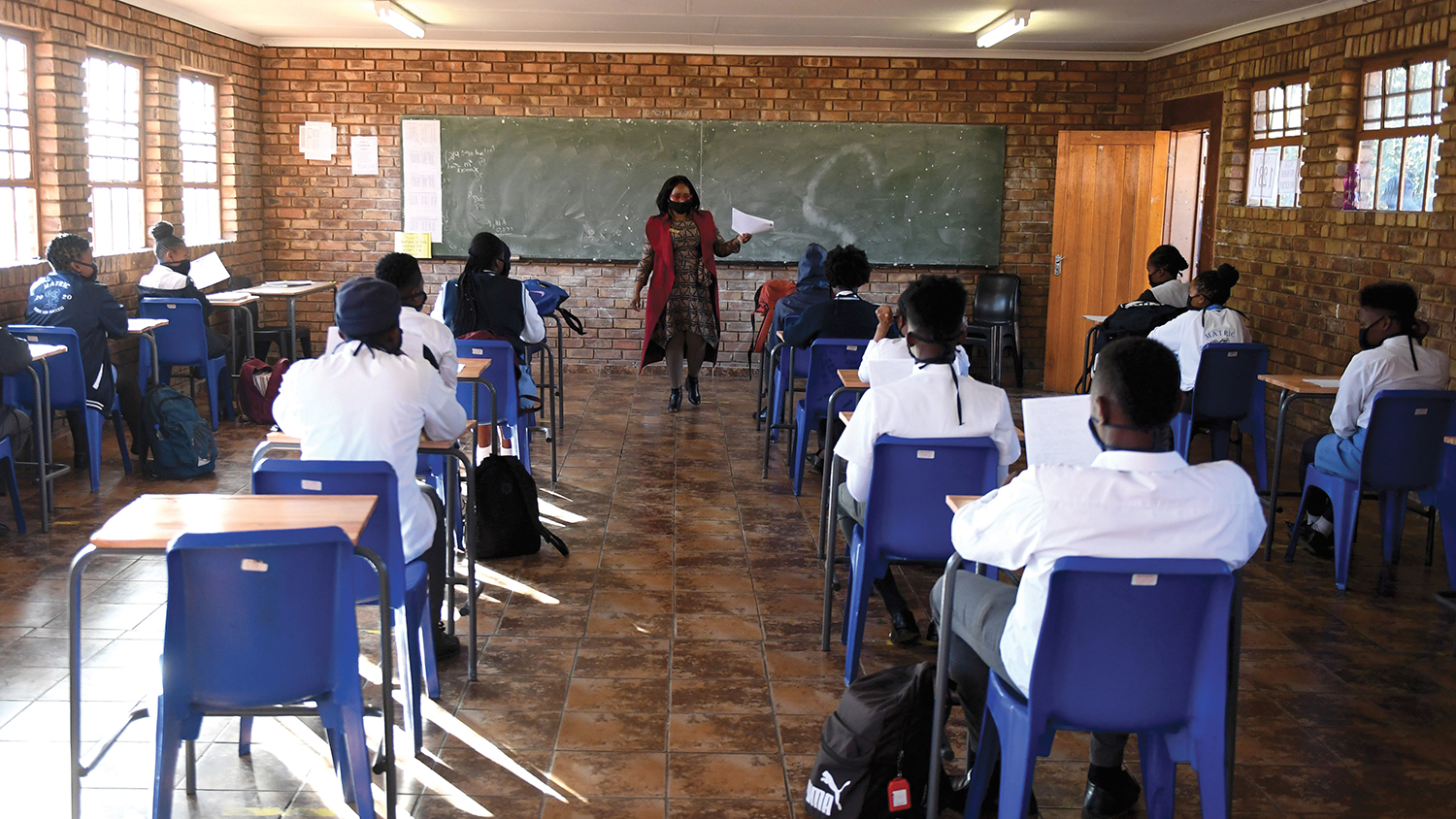
From school closures, to devasted industries and millions of jobs lost – the social and economic costs of the pandemic are measured in many ways. Covid-19 is threatening to widen inequalities everywhere, and undermine progress on global poverty and clean energy, among others.
The solutions are tests, treatments and vaccines – which will cost only a fraction of the huge economic loss the pandemic is causing every week.
To slow the spread of the virus, schools closed, leaving more than one billion students out of school. Millions of girls might not be going back – putting them at risk of adolescent pregnancy, child marriage and violence.

Source: ACT-Accelerator, data from market intelligence and the United Nations: https://www.who.int/publications/m/item/act-accelerator-plan-and-investment-opportunity-presentation
UNESCO: https://en.unesco.org/covid19/educationresponse
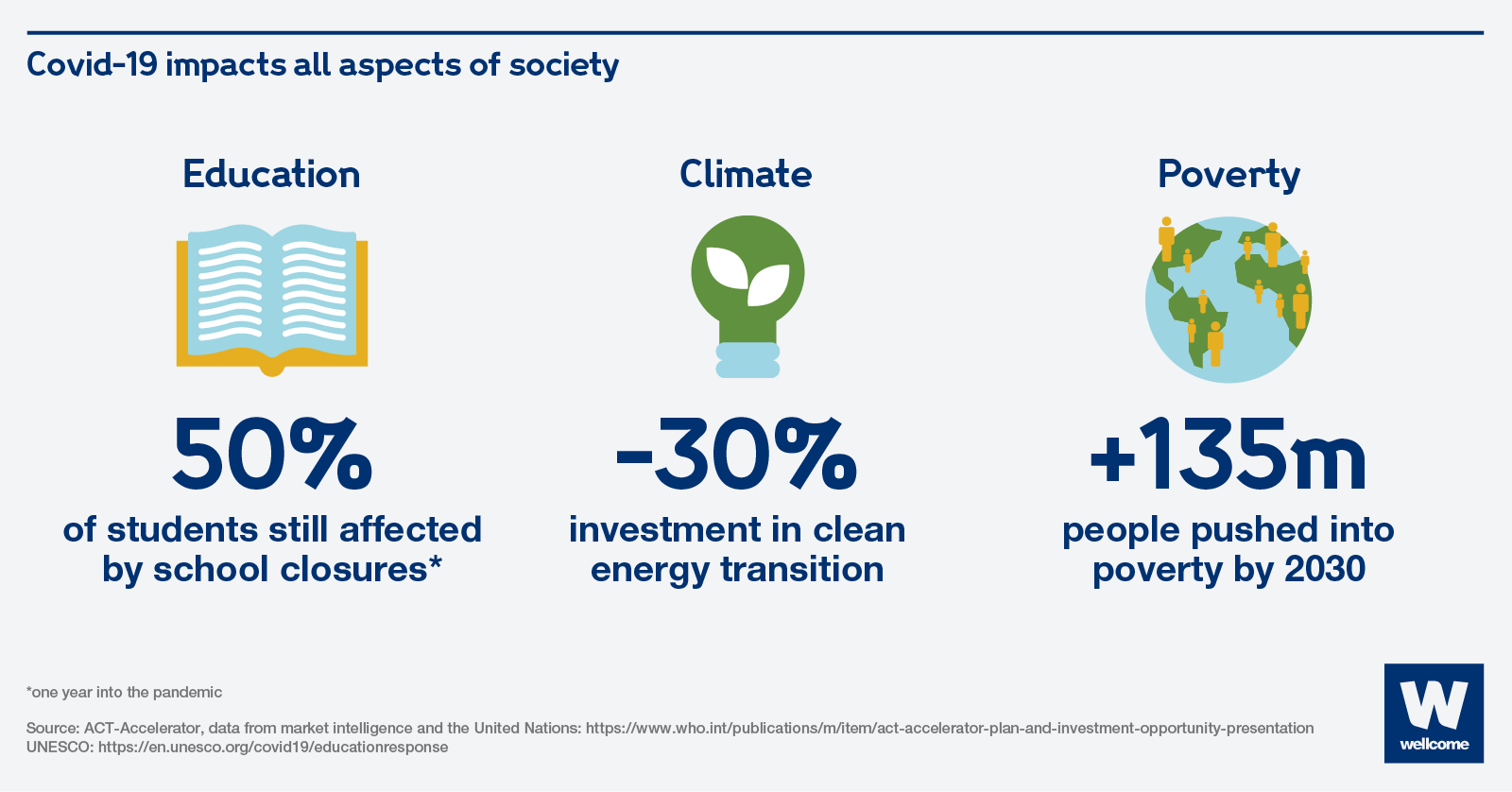
Businesses closed too, leading to the equivalent of 400 million full-time jobs lost in terms of working hours. Among the worst hit are the 1.6 billion workers in the informal economy, and young people, women and persons with disabilities.
Women have been disproportionately more affected by the pandemic because they are a large proportion of the workers in sectors severely affected by Covid-19, including accommodation and food services, and in front-line occupations, such as the health and social care sectors. With the closures of schools, they have also had to take on more care responsibilities at home.
Whether through the loss of jobs or school closures, the pandemic threatens to undo decades of progress in gender equality.
Covid-19 is slowing down progress on clean energy too, curbing investments and delaying the expansion of clean energy technologies. While there has been some positive climate news – global CO2 emissions are expected to fall by 6% in 2020, to their lowest level since 2010 – that’s only a short-term effect of lockdowns, not a sustained change.
The pandemic will likely trigger the biggest recession since World War II, causing a financial loss twice as great as during the 2008 recession. That’s a staggering $12 trillion over 2020 and 2021.

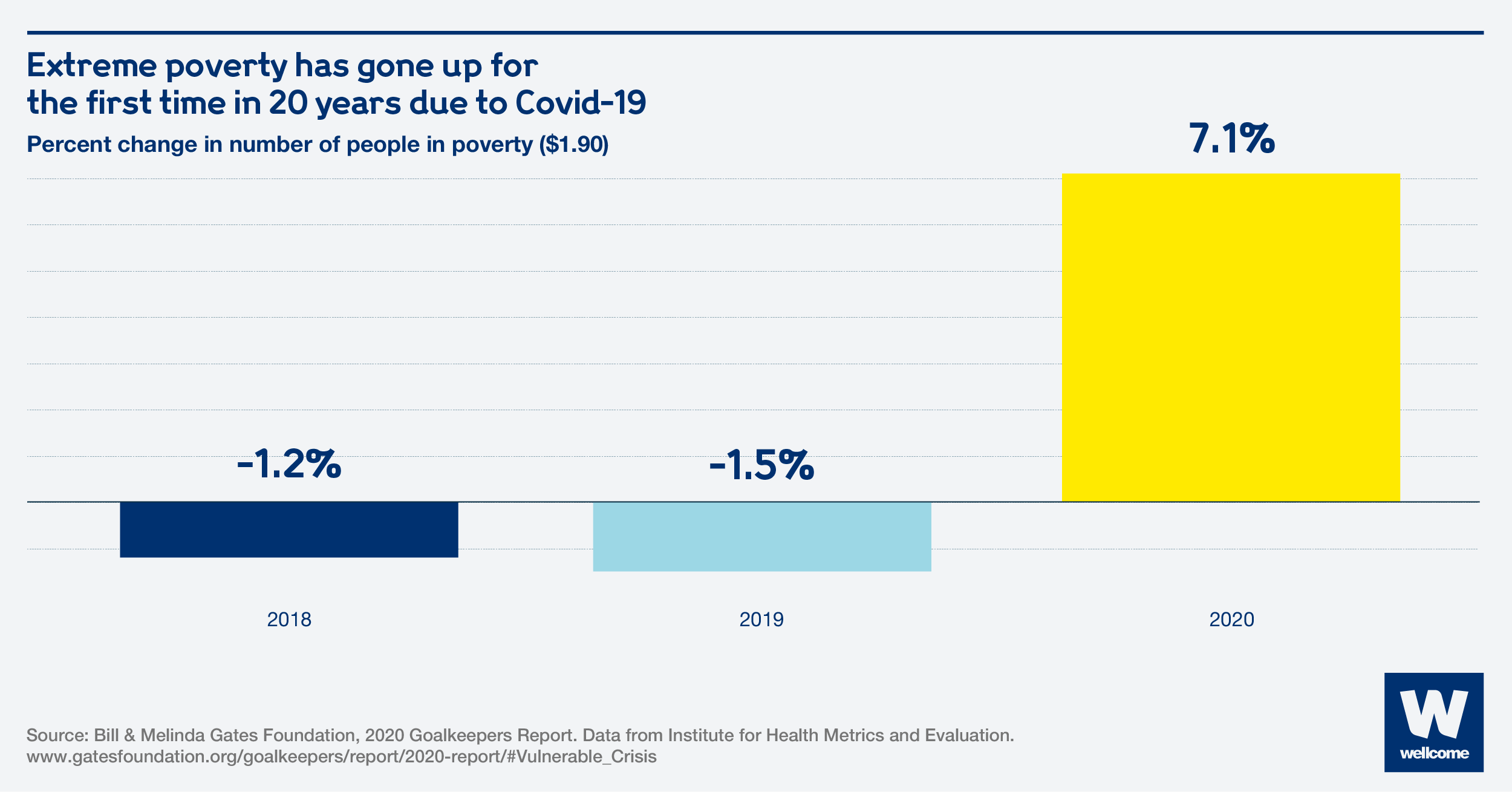
The effects are felt unevenly across societies.
While no economy is left untouched, lower- and middle-income countries are worst affected because they have weak defences against economic shocks and tend to depend more on a few sectors, such as commodities and tourism.
Millions of people have already fallen below the poverty line. In just a few months of Covid-19, extreme poverty has gone up for the first time in 20 years.
Although developed countries have had the means to intervene early to protect people and businesses – through emergency stimulus and social protection packages – those measures are not sustainable long-term.
Even as most countries have reopened, many sectors, including tourism, travel and hospitality, remain weakened. And with the uncertainty of how the pandemic will evolve, in the absence of vaccines and treatments, the recovery is likely to be uncertain too.
The Access to COVID-19 Tools (ACT) Accelerator is a global collaboration of health organisations, scientists, businesses, civil society, governments and philanthropies, including Wellcome, working together to get lifesaving tests, treatments and vaccines from the laboratory to the front line. An investment of $35 billion is urgently needed to fund that work.
Without tangible solutions to stop the virus from spreading and treat those who fall ill, the pandemic will continue to steal lives and livelihoods.
The greatest investment we could make now is in the research, development and fair distribution of tests, vaccines and treatments.

Source: ACT-Accelerator Plan and Investment Opportunity presentation
https://www.who.int/publications/m/item/act-accelerator-plan-and-investm...
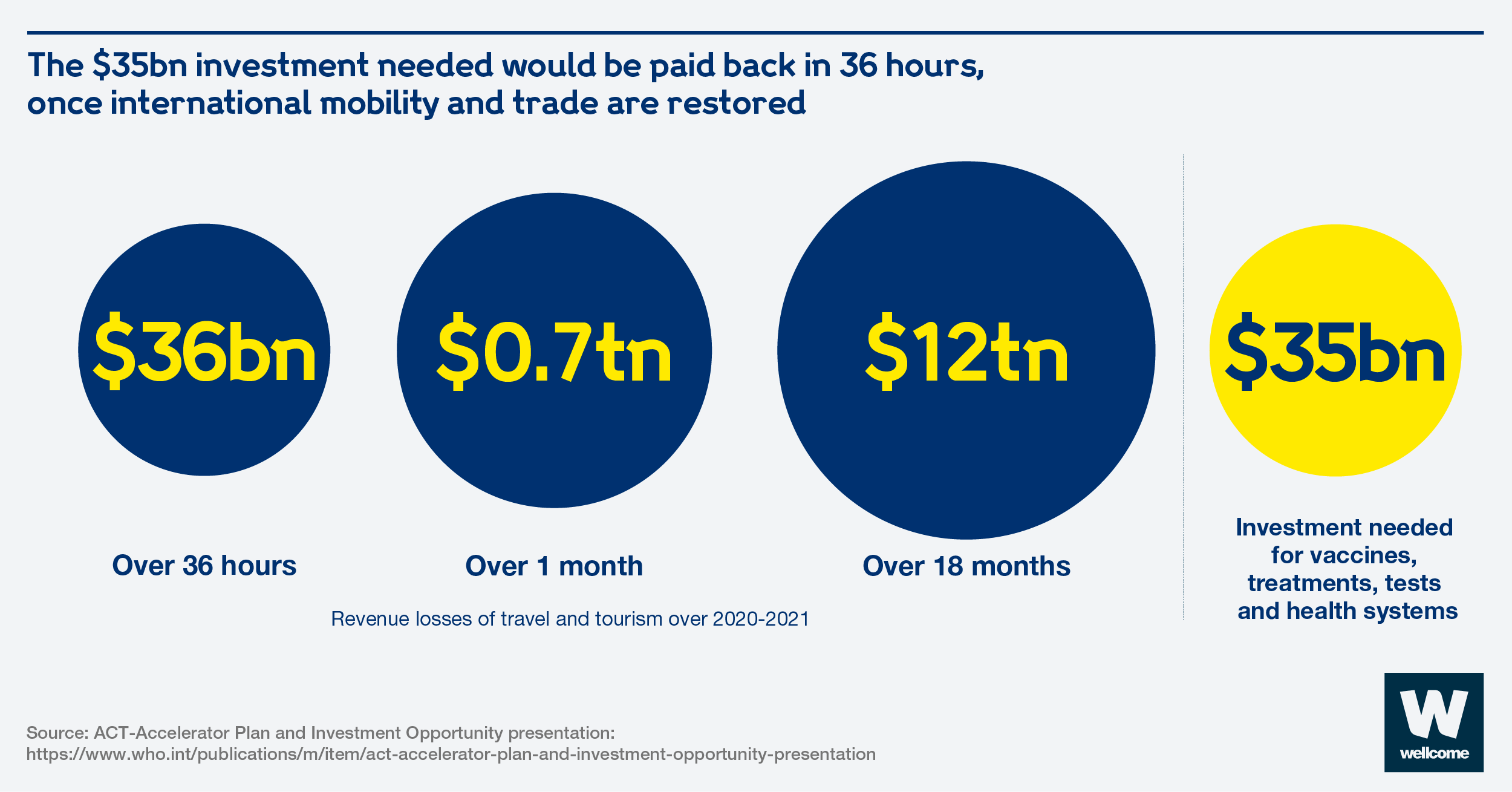
The good news is that the investment needed – $35 billion, as estimated by the ACT-Accelerator – would be paid back in 36 hours once international mobility and trade are restored.

Source: ACT-Accelerator Plan and Investment Opportunity presentation
https://www.who.int/publications/m/item/act-accelerator-plan-and-investm...
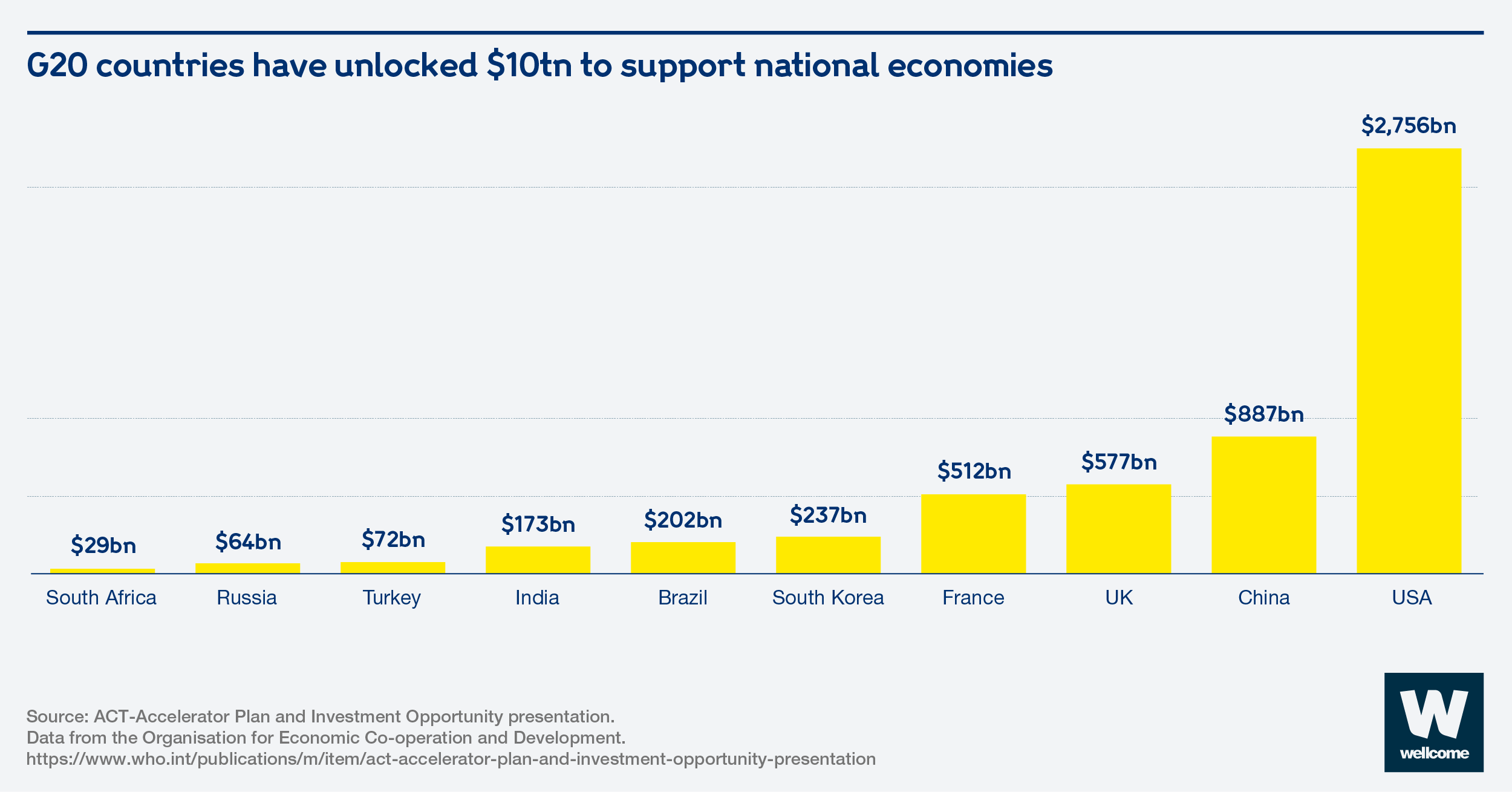
This investment is less than 1% of what G20 countries have spent on stimulus packages to support businesses and national economies, which is estimated at $10 trillion.
It’s an investment that relies on countries and international organisations showing leadership, pooling resources together and acknowledging that this crisis can only be overcome if we act together.
Did you find this content useful? Let us know your feedback at webmaster@wellcome.org.

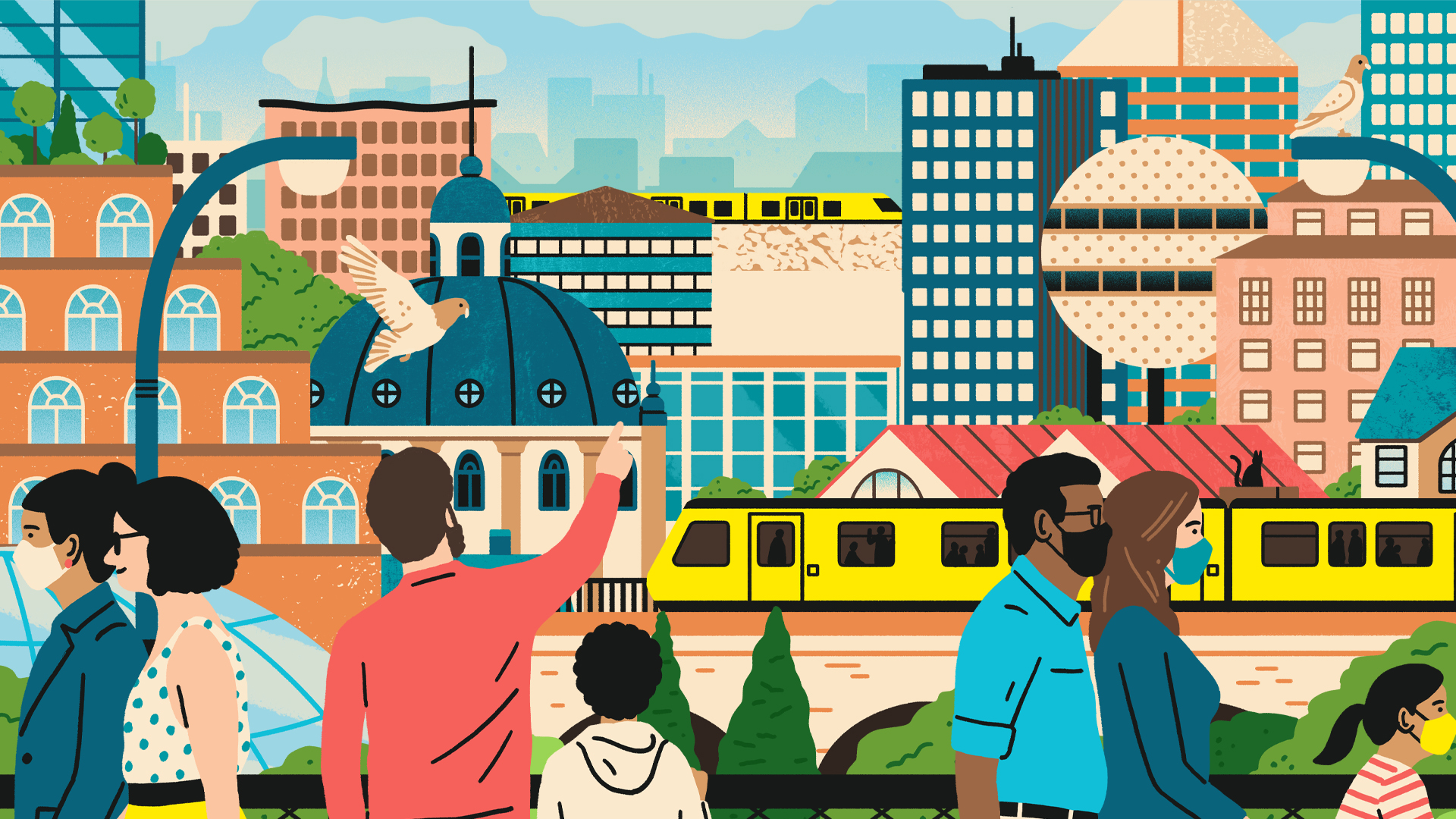

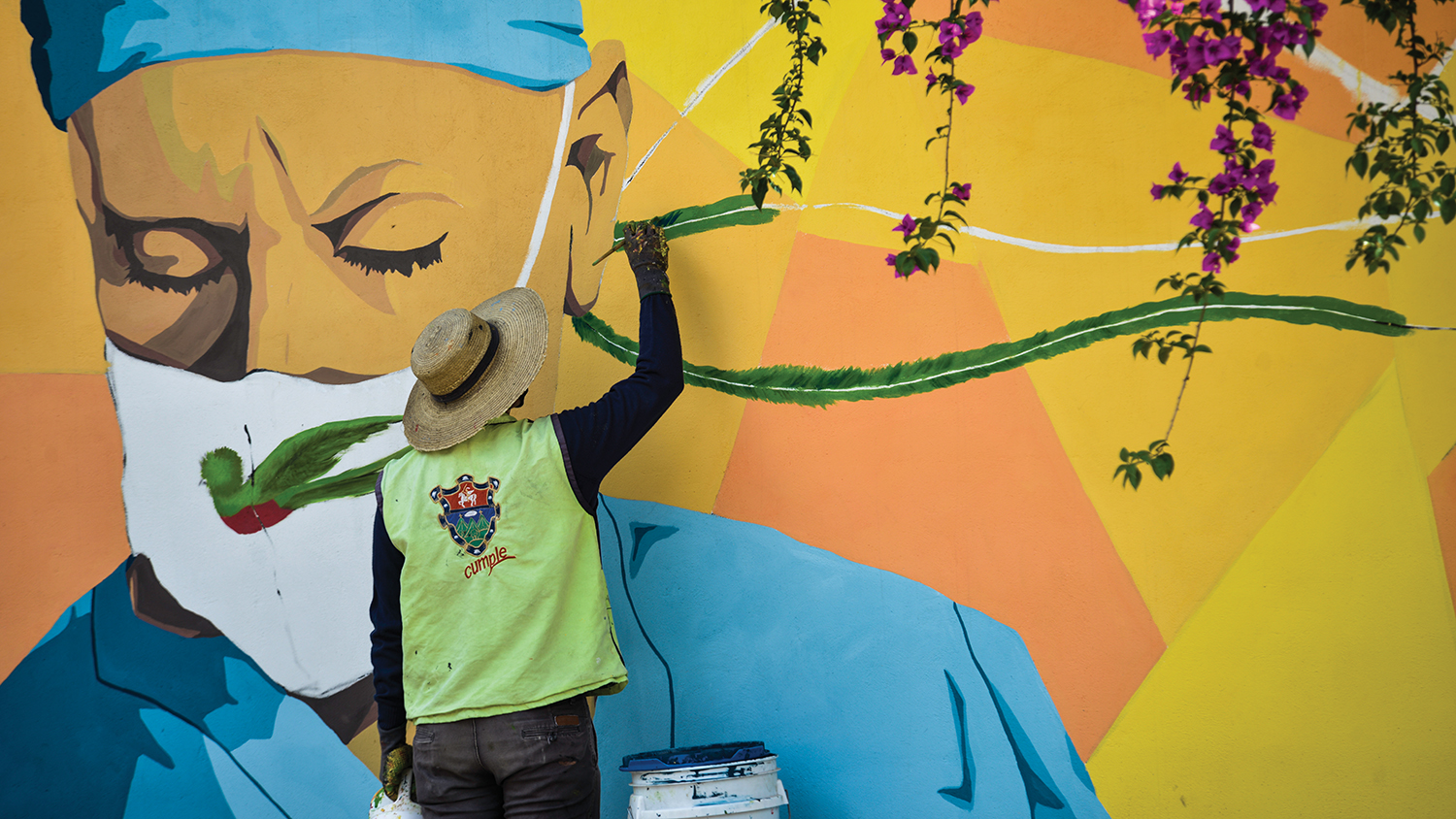

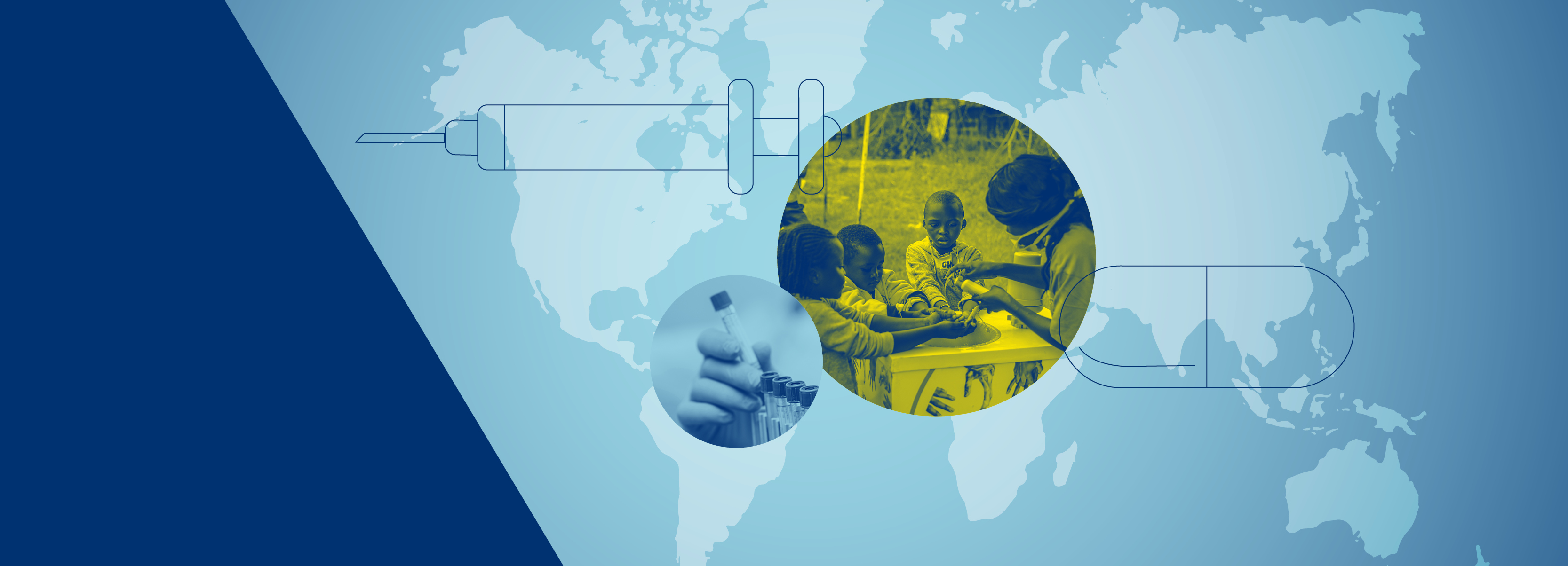
The Covid-19 pandemic is a social and an economic crisis just as much as it is a health crisis – its repercussions, severe and far-reaching, are being felt across the world.